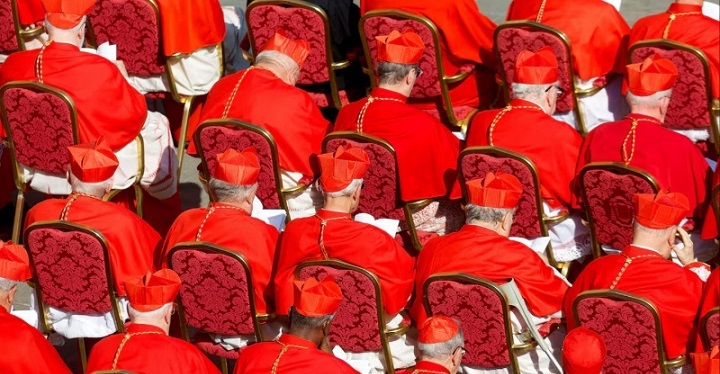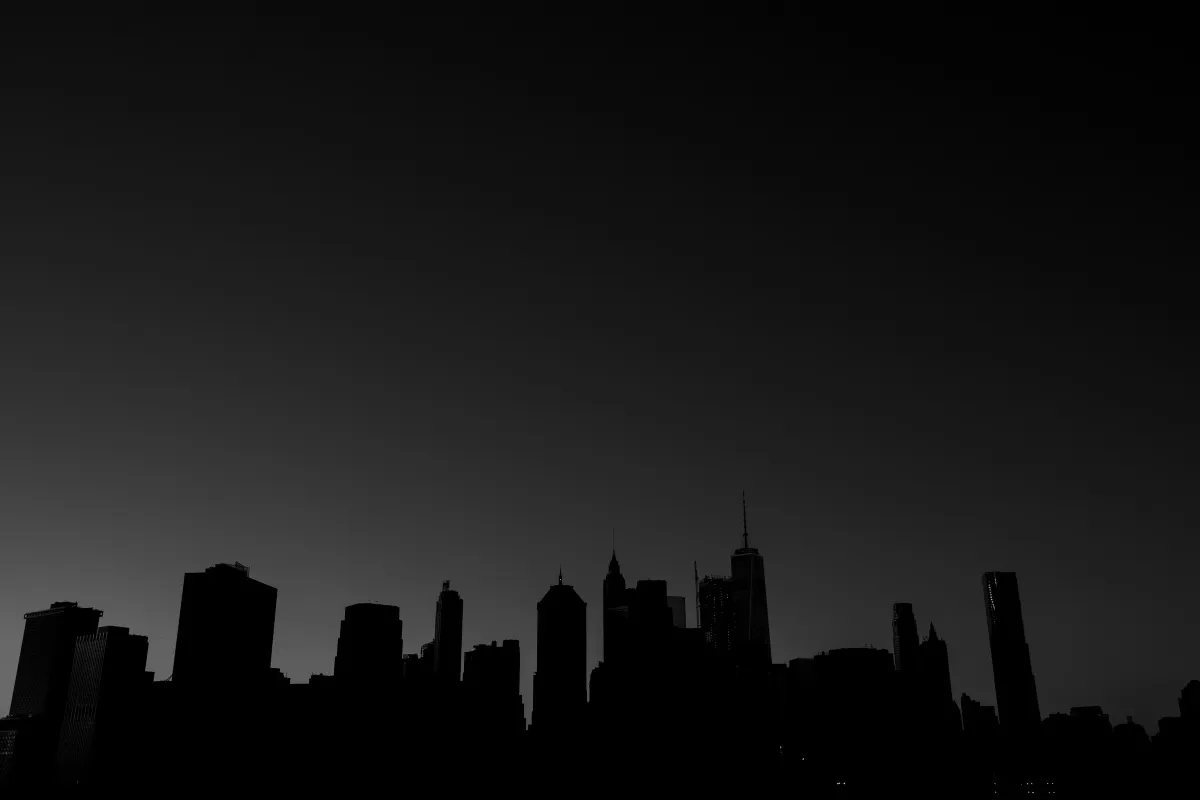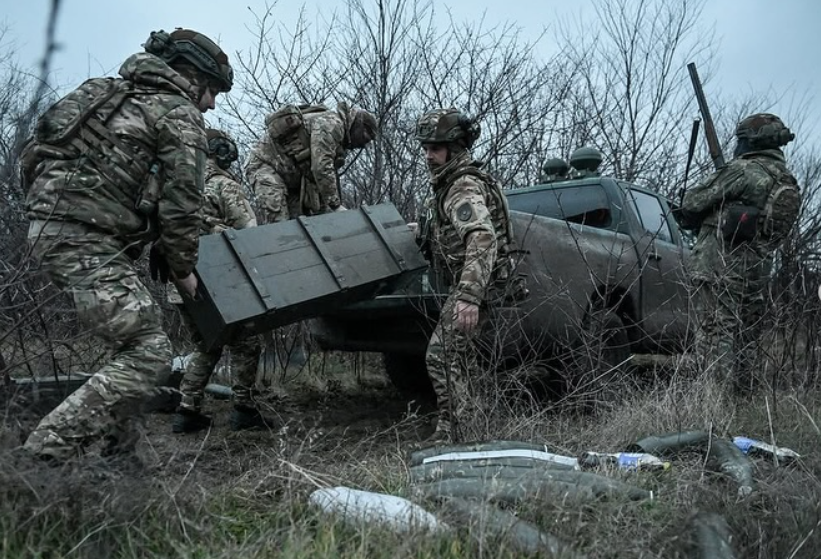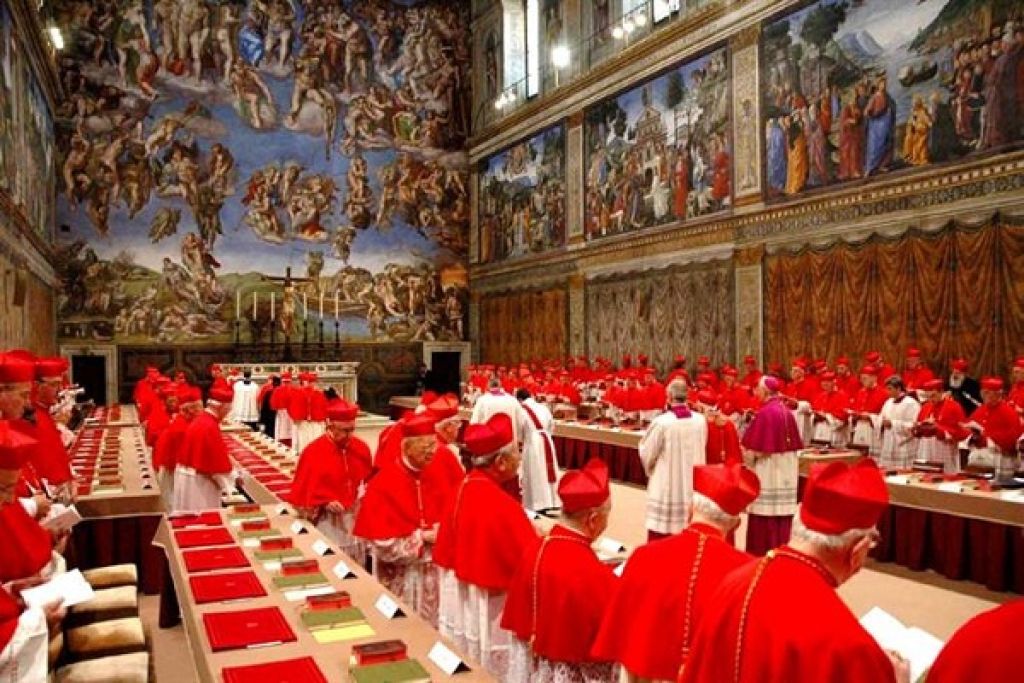[ad_1]
SAN FRANCISCO/WASHINGTON (Reuters) – For about 48 hours after a deadly rampage at a Texas church, the FBI and other law enforcement agencies did not ask Apple Inc to help them unlock the gunman’s iPhone or associated online accounts, a person familiar with the situation told Reuters on Wednesday.
A cellphone belonging to Devin Kelley – accused of killing 26 people on Sunday before taking his own life – was sent to the Federal Bureau of Investigation’s Quantico, Virginia, crime lab because authorities could not unlock it, Christopher Combs, head of the FBI’s San Antonio field office, said on Tuesday.
Combs did not specify what kind of phone Kelley had during the attack in Sutherland Springs, Texas, but a second person familiar with the situation confirmed to Reuters that it was an iPhone.
The first source said that in the 48 hours between the shooting and Combs’ news conference, Apple had received no requests from federal, state or local law enforcement authorities for technical assistance with Kelley’s phone or his associated online accounts at Apple.
The delay may prove important. If Kelley had used a fingerprint to lock his iPhone, Apple could have told officials they could use the dead man’s finger to unlock his device, so long as the phone had not been powered off and restarted.
But iPhones locked with a fingerprint ask for the user’s pass code after 48 hours if they have not been unlocked by then.
Officials also could have asked for data from Kelley’s iCloud online storage account if he had one. If Apple receives a warrant or court order, it will give law enforcement authorities iCloud data, as well as the keys needed to decrypt it.
If an iPhone user backs up an iPhone using iCloud, the online data can contain texts, photographs and other information from the phone.
The first Reuters source said the FBI had yet to ask as of Wednesday for assistance unlocking the device. It could not be learned whether Apple had received a court order to turn over iCloud account data. It also could not be learned whether the FBI had tried to use Kelley’s fingerprint and failed to unlock his phone despite not contacting Apple.
The FBI declined to comment when asked about the type of phone used by Kelly. A spokeswoman referred to Combs’ news conference on Tuesday.
The FBI has criticized Apple for how difficult it is to obtain data from its devices when they are locked. The phones contain a so-called “secure enclave” that makes it difficult to crack their encryption, and too many errant attempts to unlock an iPhone can erase all data.
The FBI challenged Apple in court over access to an iPhone after a 2015 mass shooting in San Bernardino, in which a couple authorities said was inspired by Islamic State killed 14 people. The couple died in a shootout with police hours after the massacre. An iPhone 5C, recovered by authorities, did not have a fingerprint sensor.
The legal issues in the case were never settled because the FBI found third-party software that allowed it to crack the device.
But federal authorities were accused of missteps in unlocking the San Bernardino phone.
Last year, Apple executives who briefed reporters on condition of anonymity criticized government officials who reset the Apple identification associated with the phone, which closed off the possibility of recovering information from it through the automatic cloud backup.
Reporting by Stephen Nellis in San Francisco and Dustin Volz and David Shepardson in Washington; Editing by Jonathan Weber, Jonathan Oatis and Howard Goller
[ad_2]
Source link






Leave a Reply